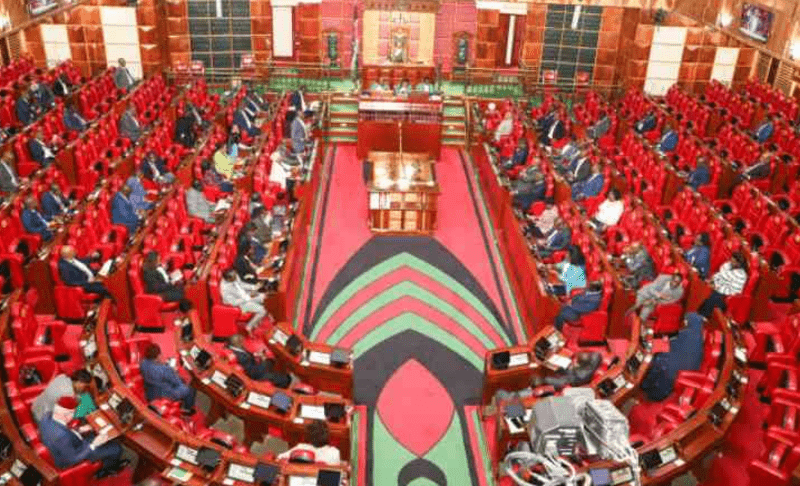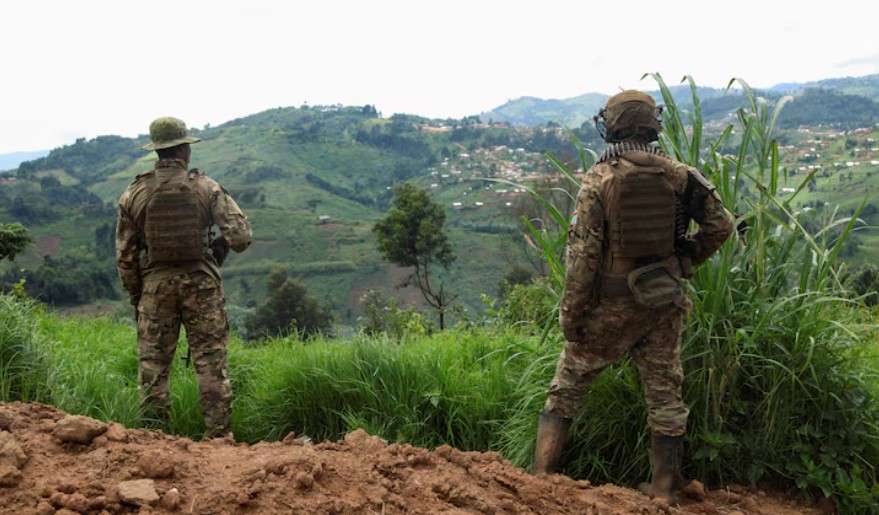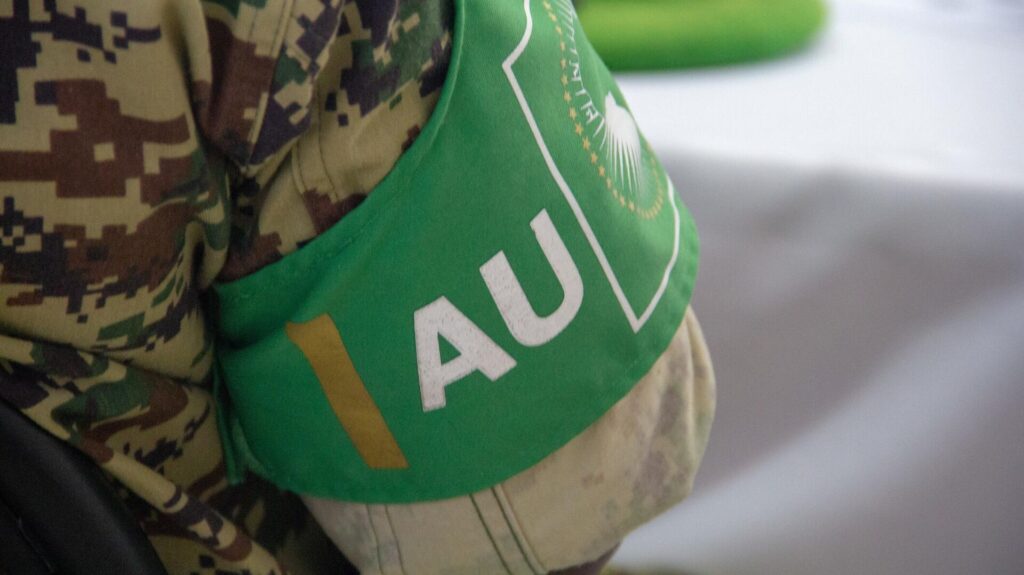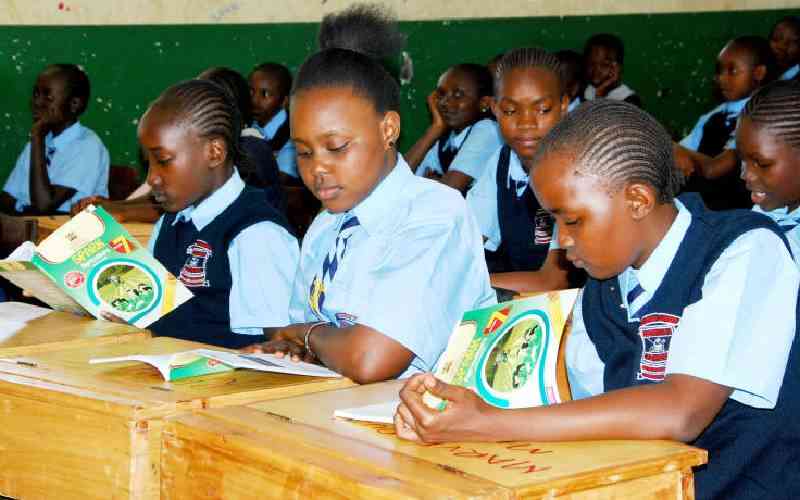Parliament seeks public views on Breastfeeding Mothers Bill

Memoranda on the Bill sponsored by Nominated MP Sabina Chege should be submitted to the office of National Assembly Clerk Samuel Njoroge on or before June 3, 2024.
Parliament has called on members of the public to give their views on the proposal for mothers to be allowed to breastfeed their babies at work, a step forward in the quest.
National Assembly Clerk Samuel Njoroge, in a May 21 notice to the public, said memoranda on the Breastfeeding Mothers Bill sponsored by Nominated MP Sabina Chege should be submitted to his office by post, email, or hand delivery, on or before June 3, 2024.
"The Bill provides for the right of a mother to breastfeed at the workplace and requires employers to provide breastfeeding employees with lactation rooms to either breastfeed or express milk for their children," read the notice.
The Bill says that any employer who does not comply with the requirements will be liable to a fine not exceeding Sh1 million or imprisonment for a maximum of one year.
"The Bill provides for the fundamental principles and rights at work for breastfeeding mothers. It provides for the right to freely breastfeed or express milk for the baby. It also places an obligation on employers to provide breastfeeding working mothers with rooms to either breastfeed or express their milk. It also provides for the standards of such rooms."
It also seeks to ensure that an employer makes arrangements for a physical environment that is safe and meets requirements under the relevant laws, and provides appropriate programmes that develop a baby's cognitive, emotional, social, and language abilities.
The lactation place, the Bill indicates, should be shielded from view, free from the intrusion of co-workers, clean, quiet, private and warm, and should not be a bathroom or toilet. It should also be lockable and have a wash basin, a fridge for storing expressed milk, a provision for an electric outlet, lighting, a chair, a table and a clean space to store equipment
The proposal also seeks to prohibit any form of discrimination against a woman on any grounds, including pregnancy, childbirth, breastfeeding, or any other maternity-related condition, whenever they access employment opportunities or benefits.
"The Bill further provides for baby changing tables. This is important because the greater majority find it unsanitary to change a baby in a public setting such as a restaurant. This provision will also cater for persons who are travelling long distances in the accompaniment of babies, ensuring that in each public restroom, a baby changing facility is provided."
The Bill also seeks to ensure that individuals who own, lease, or rent a public or private building accessible to the public, and which has a minimum occupancy of 50 persons, must install a baby changing facility that should be clean and private, have a baby changing table, and have a waste bucket as well as signs indicating its location.
Chege argues that since Kenya is a signatory to treaties that provide for the right of an infant to exclusive breastfeeding for six months, the government should promote and encourage breastfeeding, providing specific supporting measures and opportunities for working mothers to continue expressing milk and breastfeeding.
She emphasised the need for breastfeeding because it may save the country's valuable foreign exchange that may otherwise be used for milk importation.
"Breastfeeding is the first preventative health measure that can be given to a child at birth and enhances the mother-infant relationship. It is nature's first immunisation, enabling the infant to fight potential serious infections, and it contains growth factors that enhance the maturation of an infant's organ systems," said Chege.
Top Tags of the Day
Trending

















